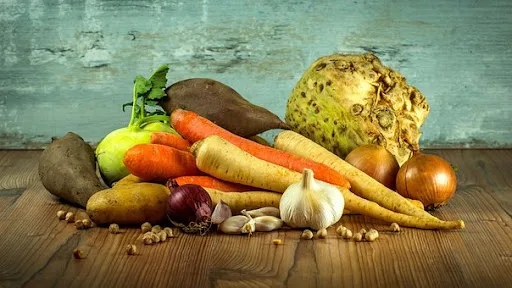"Sowing the Seeds of Sustainability: The Importance of Sustainable Agriculture for the Future of Food"
“Sowing the Seeds of Sustainability: The Importance of Sustainable Agriculture for the Future of Food”
Sustainable agriculture is an approach to farming that prioritizes environmental health, economic viability, and social responsibility. In recent years, it has become increasingly clear that this approach is not just important for the well-being of our planet, but also for the future of our food supply.
At its core, sustainable agriculture is about balancing the needs of the environment, farmers, and consumers. This means using practices that conserve natural resources, protect biodiversity, and promote soil health, while also ensuring that farmers are able to make a living and consumers have access to safe, healthy food.
One of the key principles of sustainable agriculture is reducing reliance on synthetic inputs, such as fertilizers and pesticides. Instead, farmers use techniques like crop rotation, cover cropping, and integrated pest management to maintain soil fertility and control pests naturally.
Another important aspect of sustainable agriculture is promoting biodiversity. By growing a variety of crops and supporting beneficial insects and wildlife, farmers can help to create a more resilient and healthy ecosystem. This not only benefits the environment, but also helps to ensure that our food supply remains secure in the face of pests, disease, and climate change.
In addition to environmental benefits, sustainable agriculture also has economic and social benefits. By reducing reliance on costly inputs and promoting local food systems, farmers can often increase profitability while also supporting their communities.
Consumers also benefit from sustainable agriculture. By choosing sustainably grown foods, they can support environmentally friendly practices and ensure that they are getting safe, healthy food that is free from harmful chemicals and additives.
In conclusion, sustainable agriculture is a critical component of the future of food. By promoting environmental health, economic viability, and social responsibility, it ensures that we can continue to feed our growing population in a way that is both sustainable and equitable. As consumers, we can support sustainable agriculture by choosing foods that are sustainably grown, supporting local farmers, and advocating for policies that promote sustainable agriculture practices. Together, we can sow the seeds of a more sustainable future for our planet and our food supply.


Comments
Post a Comment